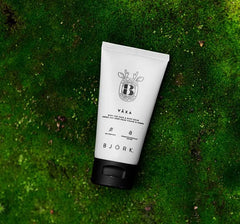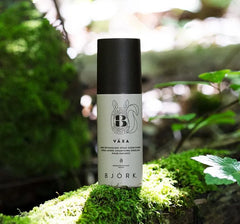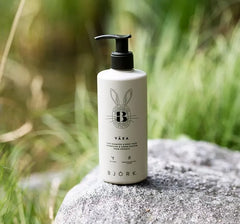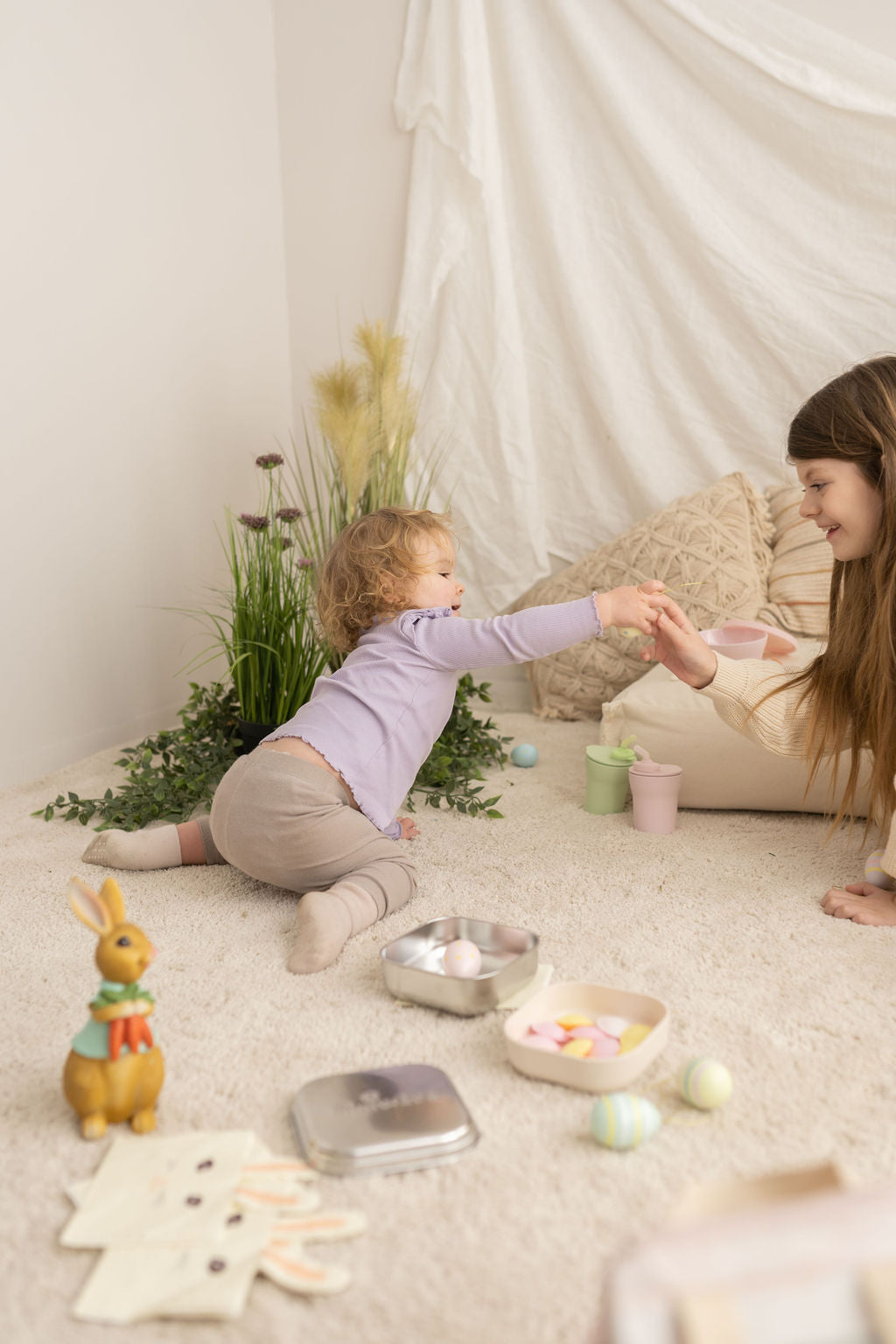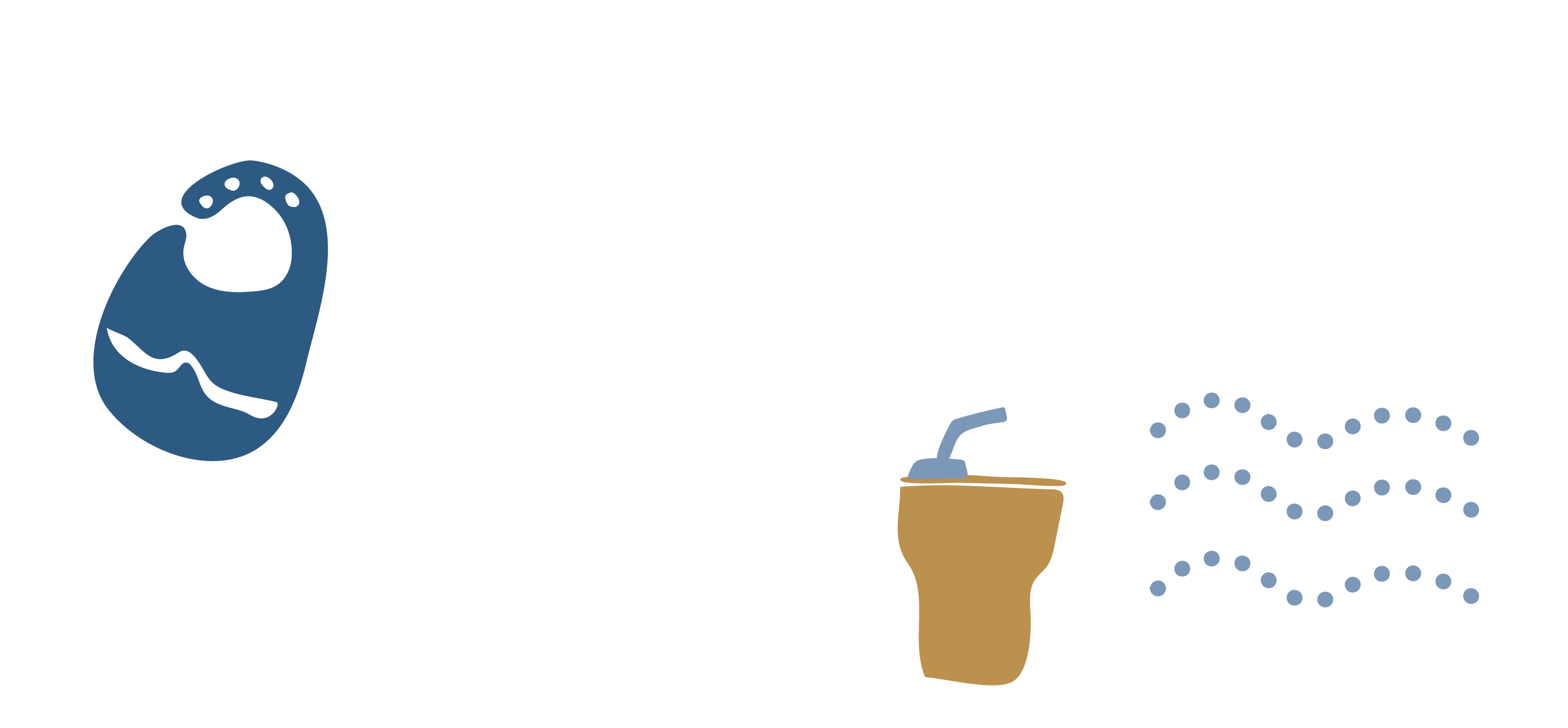Sustainable Easter with kids: Tips for an eco-friendly Easter
Easter bunnies, small gifts, egg dyeing and of course the chocolate Easter bunny, Easter is something very special for our kids and associated with a lot of fun and traditions. But unfortunately, many of these traditions are not optimal for our environment.
Today, we would like to introduce you to some ideas how you can make your Easter eco-friendly.

- Easter nests from natural materials Beautiful, unique Easter nests can be made from wood, straw or moss, they are not only more eco-friendly than their plastic counterparts, they are also much more fun to make together with your kids. During a nice walk in the forest, you can gather everything you need, and you also challenged your kid's creativity.
- Eco-friendly gifts Small gifts shouldn't be missing at Easter, but it is not necessary to have all gifts wrap up in wrapping paper, just hide the gifts in the Easter nests. There are so many eco-friendly gift ideas. Our premium kids tableware are made entirely without plastic and non-toxic materials.
- Sustainable Easter decorations You can of course just buy your Easter decorations at the store, but it's more fun and better for the environment to make them yourself and with your kids. For example, you can make little chickens out of your egg carton or make bunnies out of coffee filters. You can also swap your napkins for washable cloth napkins.

- Dyeing Easter eggs sustainably and eco-friendly Dyeing eggs is a popular tradition. But before we start dyeing, we should pay attention to where our eggs come from, because sustainability applies. We should also put an apron on our little ones in case something goes wrong. Our Catch&Cover is perfect for this.
Environmentally conscious, it grows with your child - from bib to apron. We want to share with you an eco-friendly recipe to dye eggs sustainably.
You will need:
- 6 eggs
- 1 liter water
- 1 tsp vinegar
Now choose your color:
- 60g of shredded red cabbage - to create blue
- 10cm sliced fresh turmeric - to create yellow
- 200ml of red bet juice - to create violet eggs
Boil the water with the chosen ingredient and the vinegar. Carefully add the eggs and reduce the heat slightly.
Cook for 7 minutes. Remove the pot from the heat.
Let the eggs stay in the water for about 2 hours or until they are the desired color.
Since the eggs are colored with natural ingredients, you can eat them later.

It's really not hard to celebrate Easter sustainably and protect the environment. It's important for our children to learn how to protect the planet we live on.
Do you have any other tips for sustainable Easter? Feel free to share them with us in the comments.

